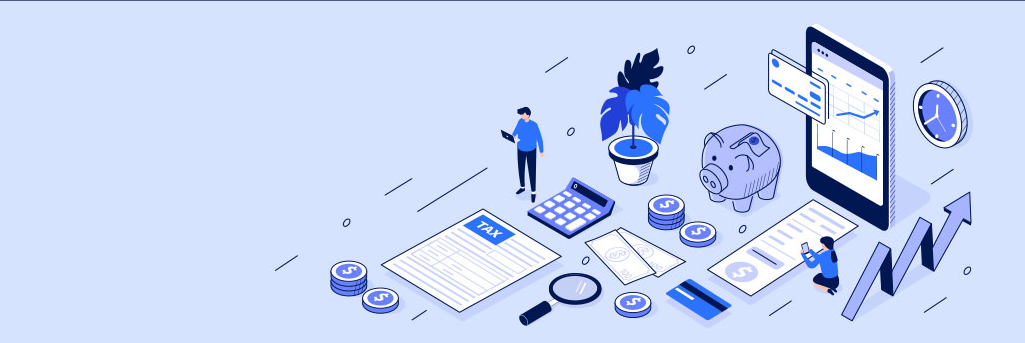
The current health crisis has become an economic and financial crisis. Although it is important to build personal finance and investing skills throughout our lives, it’s during these periods of uncertainty that these skills provide the most value.
We all feel anxiety and we all have many doubts about the future and how things may unfold in the short term. However, if we focus on building appropriate skills and design a well-thought-out plan to fulfill our financial objectives, we’ll all be in a much better position.
A saving, spending, and investing discipline is necessary for financing short and long-term financial needs and desires, and can help you be better prepared to deal with unexpected events and expenses. To begin building the skills you need now and in the future, take time to adopt the following financial principles:
Review your financial goals
Having a plan to achieve your goals is crucial:
Plan how to use savings and investments to reach your financial goals. Update your plan as goals are achieved, circumstances change, and new goals are prioritized.
Determine how much you need to save and invest over time, to finance your immediate needs and longer-term goals.
Build an emergency fund to help insure against losses of income, unexpected expenses, and other situations that cannot be planned for.
Be conscious of your spending
By tracking expenses, you can be sure to stay within budget and save appropriately:
Create a budget that includes necessities, required expenditures, discretionary items, and the periodic savings necessary to finance your goals.
Track your spending. Compare it regularly against your budget and make changes to your spending where necessary.
Use the knowledge and skills you gain over time to differentiate needs and wants, spend less where possible, and save more.
“Steady as she goes”
Spending less than you make and avoiding the use of debt are crucial steps for optimizing savings and investment accounts:
Growth in income, bonuses, and other windfalls can increase savings and investment accounts. Deal with current offers of assistance (debt payment deferral, cash infusions, etc.) as you would any unexpected windfall.
Avoid phishing and other scams, especially those built around crisis benefits, by obtaining information from government or other reputable sources.
Refrain from high-interest consumer debt and avoid high rates and fees by minimizing the use of credit cards.
Automate your finances
Make sure to pay yourself first by automatically depositing predetermined amounts into savings and then try to live on the remainder:
Use autopay to cover necessities and to pay recurring bills, such as your housing loans and utilities.
Put money in your savings or in investment accounts using direct deposit so that you don’t spend it.
Continue regular contributions into saving and investment accounts, such as retirement plans.
Invest in yourself
Investing in personal health and happiness supports physical, psychological, and financial well-being. Areas to invest in include:
Education – Human capital has historically shown good returns when skills or education are expanded.
Health – Improved lifestyle results in numerous financial benefits beyond the obvious physical advantages.
Learn Contentment – The state of being satisfied with what you have, will meaningfully impact the quality of your life, regardless of your financial status.
Obtain knowledge and advice
Learn as much as you can about the principles and best practices in saving and investing and seek out advice when necessary:
Try to make financial decisions when you are calm and thinking rationally.
Don’t make financial decisions in a vacuum but get a 2nd opinion from knowledgeable friends and family or an accredited professional financial adviser, such as a CFA charterholder.
Take advantage of financial education and determine those skills you need to build on.
Like any type of training, building the financial resilience to help manage through a crisis or other periods of uncertainty takes time, energy, and the discipline to obtain and hone the necessary skills. These principles and best practices are proven to help optimize savings and manage expenses. These skills can be used to meet current financial needs, and build long-term wealth, but they also defend against the unanticipated events that can lead to financial difficulties.
CFA Institute and its member societies believe that financial markets are more effective when participants are knowledgeable. By providing impartial financial information and education for investors and the public CFA Institute and its member societies help to achieve the mission objective: To lead the investment profession globally by promoting the highest standards of ethics, education, and professional excellence for the ultimate benefit of society.
Thank You so much for this invaluable piece.
Thank you for this.